Self-Sabotaging Your Music Career
“I was working on a track and it was going so well; people were leaving me a lot of great comments. I continued working on it for a while but started hating it. I deleted it and blew myself up…I often do.“
In many past posts I’ve mentioned that many people work so much on a piece of music that they start to hate it. This was one of the reasons why I previously suggested using the non-linear production technique to prevent song fatigue, and to make sure you don’t destroy your best ideas via self-sabotaging.
So, what is a self-sabotage? Is it the same thing as getting sick of your own work?
When you start hating your music, it’s a sign that you’ve been ignoring your personal limits regarding what you can handle in terms of creative energy. Self-sabotage is similar; it’s doing things that are destructive instead of productive. In self-sabotage, you’re not really conscious of the fact that you’re disrupting your efforts to achieve long-term goals.
Here are a few examples of self-sabotage I’ve seen among clients, peers, and friends:
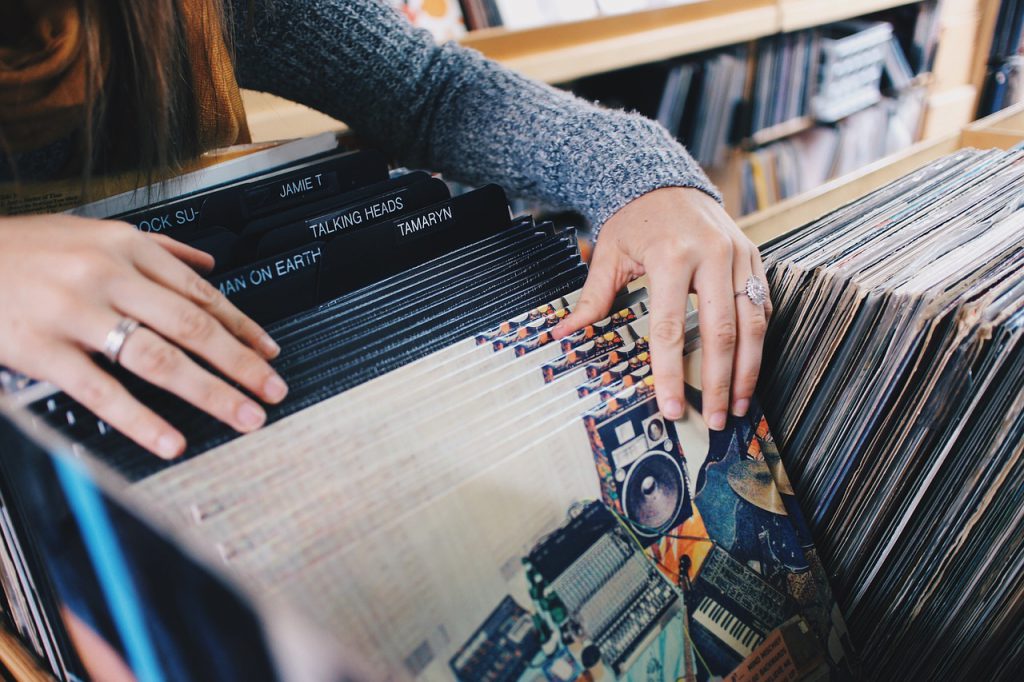
Goal 1: An artist wants to get signed to a label.
Case 1. An artist sends music to a label or contact too soon. This is something that happens way too often. Someone has a good starting point for a song and thinks its a great idea to upload the loop online, then send it as a demo. OK, so in the event that the label might bite, it replies with enthusiasm but says “hey, the track isn’t done yet.” All of a sudden, pressure comes in. Working on the track becomes a chore and it’s not fun anymore. Once sent again after finishing the track under pressure, the label probably won’t like it anymore. This can even result in burning bridges with the contact.
Case 2. An artist sends music to a label he/she loved years ago without knowing what the label is doing now. “I’m sure they’ll love it as they used to release music like this”, he/she might think, but they might be completely wrong. Do your homework, listen to the latest releases and perhaps get in touch with them if your music feels like a good fit.
So, how should an artist go about getting signed?
If an artist’s goal is to be signed by a specific label, the number one thing they should know beforehand is that most labels nowadays will only sign people they know. I’m don’t really mean artists with followings, but people they’ve been in contact with before. Rushing a demo is by far the best way to make a bad first impression. The most beneficial thing an artist can do is either get to know other artists who are a part of the label or meet the label person face-to-face (I’m serious). It may seem difficult, but it’s by far the most down-to-earth way to become a part of a network and community.

Goal 2: An artist wants more people to listen to his/her music and to build traction and recognition.
Case 1. The artist takes self-promotion seriously but does it by flooding social media with pictures and constant “hear my new track!” status updates, alongside images of artwork related to his/her music. This behavior has the exact opposite effect as intended; nothing is special anymore and people get to a point of simply ignoring the posts and music, even if it’s good, because it feels like spam.
Case 2. The artist sends out private streaming links or Ableton projects and asks people on Soundcloud to leave feedback. This behaviour also has the opposite effect as intended. How can people who are receiving the music know anything about it or care about it if the artist doesn’t talk about it and they have no connection to the artist? I find that sending your music to anyone without connecting with them first is a huge no-no.
So how can an artist get more people listening to his/her work?
When I started diving into the music world and meeting other musicians at events, we would talk about music of course, but there were also some unwritten conversational rules that I thought really paid off. Firstly, avoid orienting all discussion towards music, especially anything related to your own success (eg. releases, gigs, tours), nowadays I might already know about them via social media, and in the end, what does this really give back to other people? Secondly, with non-musicians, talk about your music only if the person/fan asks about it. And finally, the Bill Murray rule as I call it (in relation to the amazing documentary on Netflix). Make sure that you “give” something to your contact by talking with them; it can be a tip, a good laugh, a hug, a confidence…something that will make the talk memorable for both of you. Humans love connection and if you want traction and people to pay attention to you, make sure you pay attention to them first.
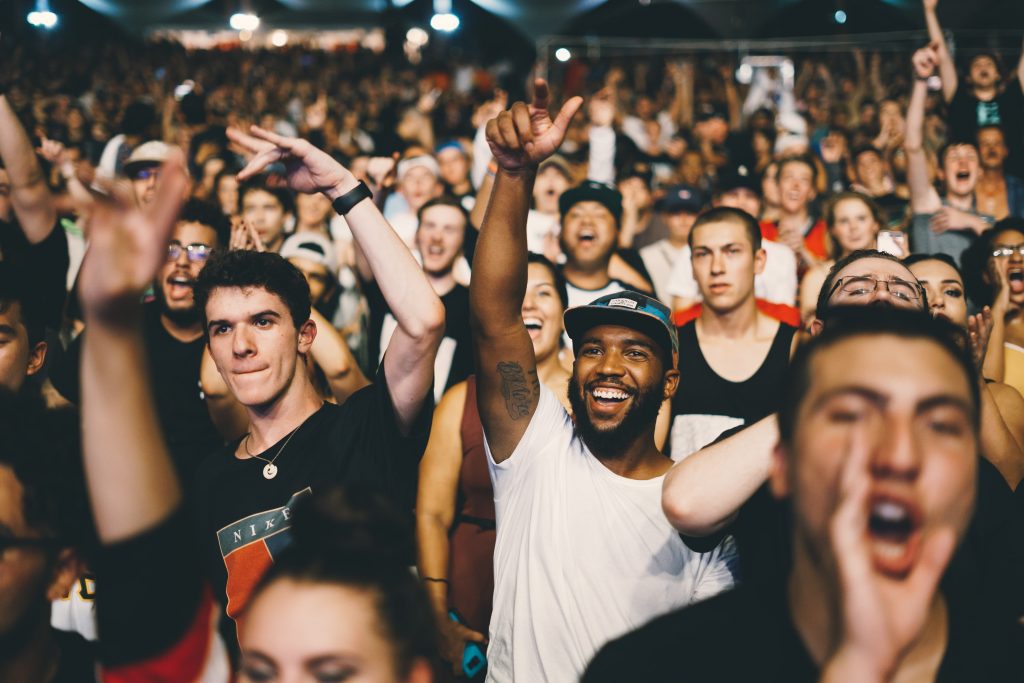
Goal 3: An artist wants to tour and play more live shows.
Case 1. Say the artist has a really live great set or DJ skills, practices a lot and when he/she DJs, things go well. So why aren’t the bookings coming? What’s with the lack of returns from other promoters? Well, in many cases, people being really great at what they do is not enough. Artists need a network, and these networks need to be “fed”. This is the part of being an artist that many people dread, and sometimes will sabotage their career via social procrastination. Another thing I see a lot is artists directing all their energy towards a specific person, promoter, scene, or club, snubbing others. This lack of social openness can sabotage an artist when their network gets tired of them, because then the artist won’t have a plan B.
Case 2. Some artists have really great sets but put themselves into a difficult situation by always trying to play a different set, or by doing the exact opposite and only playing the same set repeatedly. In the first case, if an artist always starts a fresh set, he/she will never know how to perfect their live work or how to unleash the real power of their music in a live setting. Conversely, if an artist always plays the same thing, people will get bored.
So how can an artist get more gigs?
The name of the game is networking, and he/she will succeed if they have something of high quality to share. There’s nothing more disappointing than connecting with another artist but not connecting to his or her music, as this will create a very uncomfortable situation. Similarly, if an artist’s work is amazing but they aren’t fun to be around, why would people book them? Artists can avoid this type of sabotage by building networks around people they’re comfortable with and remaining open to anything.
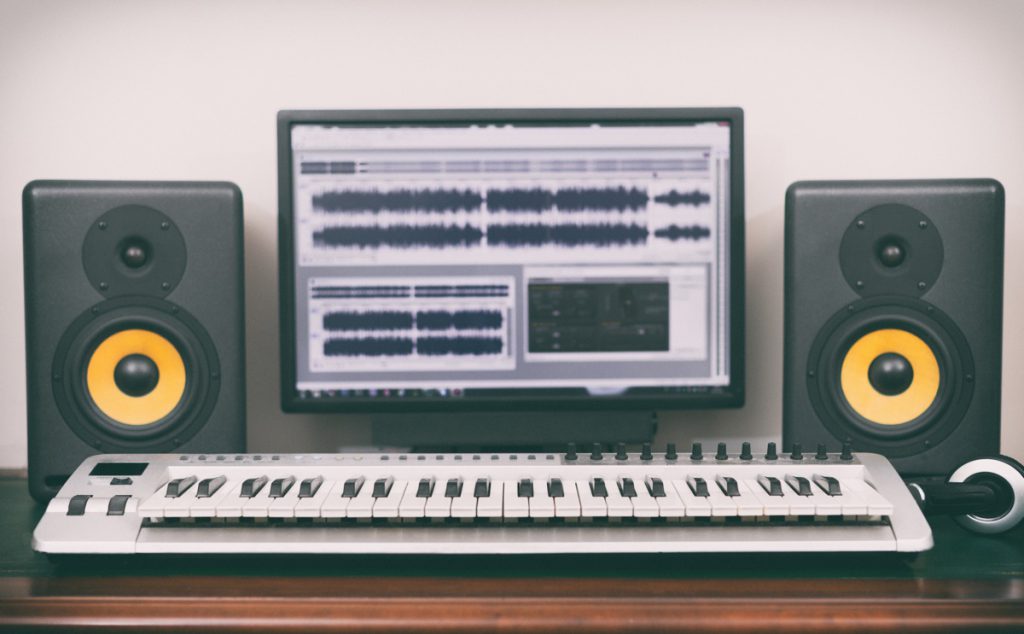
Goal 4: An artist who wants a pro studio to become a professional in the music industry/audio field.
Case 1. The classic case of someone pursuing this goal is the person who notes all the gear his/her favorite artists uses and goes out and buys it all. “If I have it all, I should succeed” is a very common thought process I see people following, and sadly many people end up selling all the gear they bought later on because their skills never develop enough to use their tools effectively.
Case 2. Emulating a favorite artist’s career step-by-step should work, no? I have bad news for you, it doesn’t work this way. A huge part of success and becoming a professional is partly through luck and opportunities. Everyone’s quite different, so one artist’s path to success might not work for another artist.
Then how can an artist become an industry professional?
The advice I would give to an artist who wishes to become an industry professional is: understand what you love to do versus what you do best. Start by understanding your natural talent; invest everything to get those skills to a very solid level and learn to love them, then develop your skills even further. The problem with doing what you love instead of doing what you do best is–though this may sound harsh–you might not be good at what you love. If you have a skill for something and you do it well, that skill set could provide you with the opportunity to grow professionally.
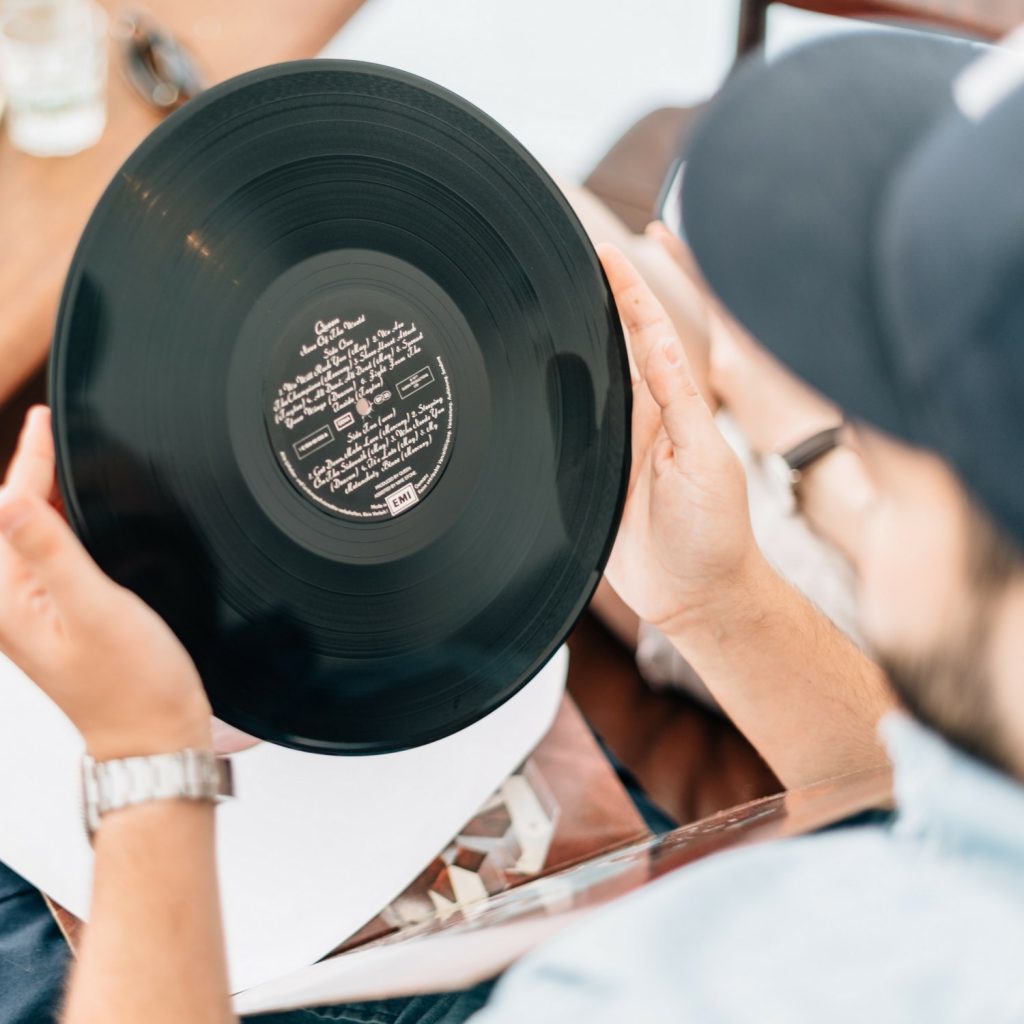
Goal 5: An artist wants to finish an EP or album.
Case 1. The artist works too much on the tracks. This will lead the artist to disliking their own work and disrupting the creative flow of music-making. It makes the creative process feel like Photoshopping a model to perfection.
Case 2. The artist rushes the project using shortcuts.
Case 3. The artist starts new songs over and over, scrapping existing material.
How can an artist get things done to finish a body of work?
An artist can get things done by:
- setting a deadline. This always helps!
- selecting a few tracks and only working on those, allowing themselves to use material from the other unused songs.
- taking many breaks. Imposed periods of rest helps productivity!
- using a reference track.
- asking for help with mixing! (shameless self promotion 😉 )
SEE ALSO : Social Media for Musicians

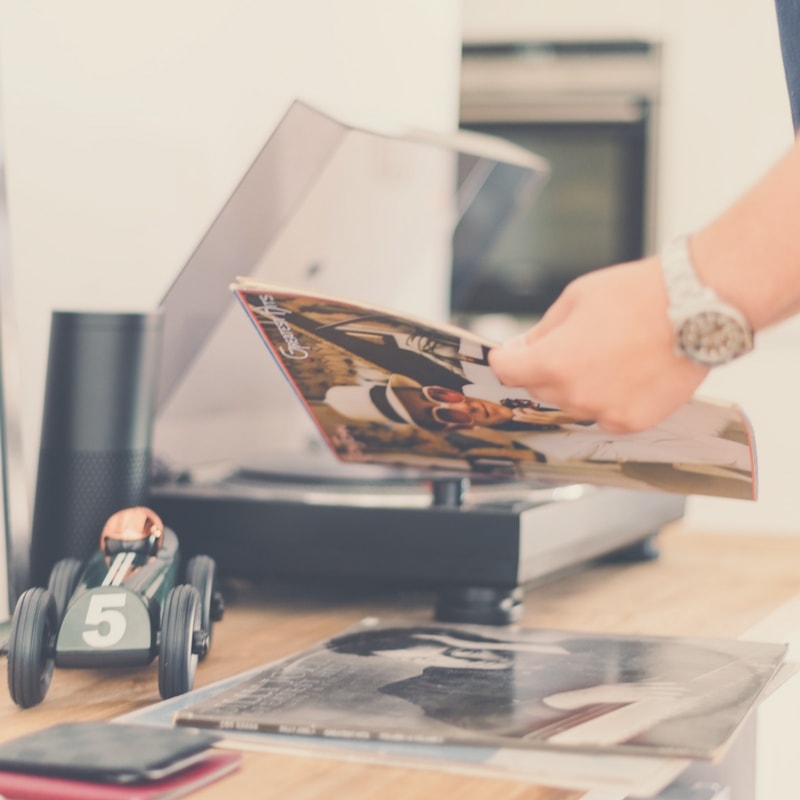
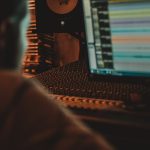

Leave a Reply
Want to join the discussion?Feel free to contribute!